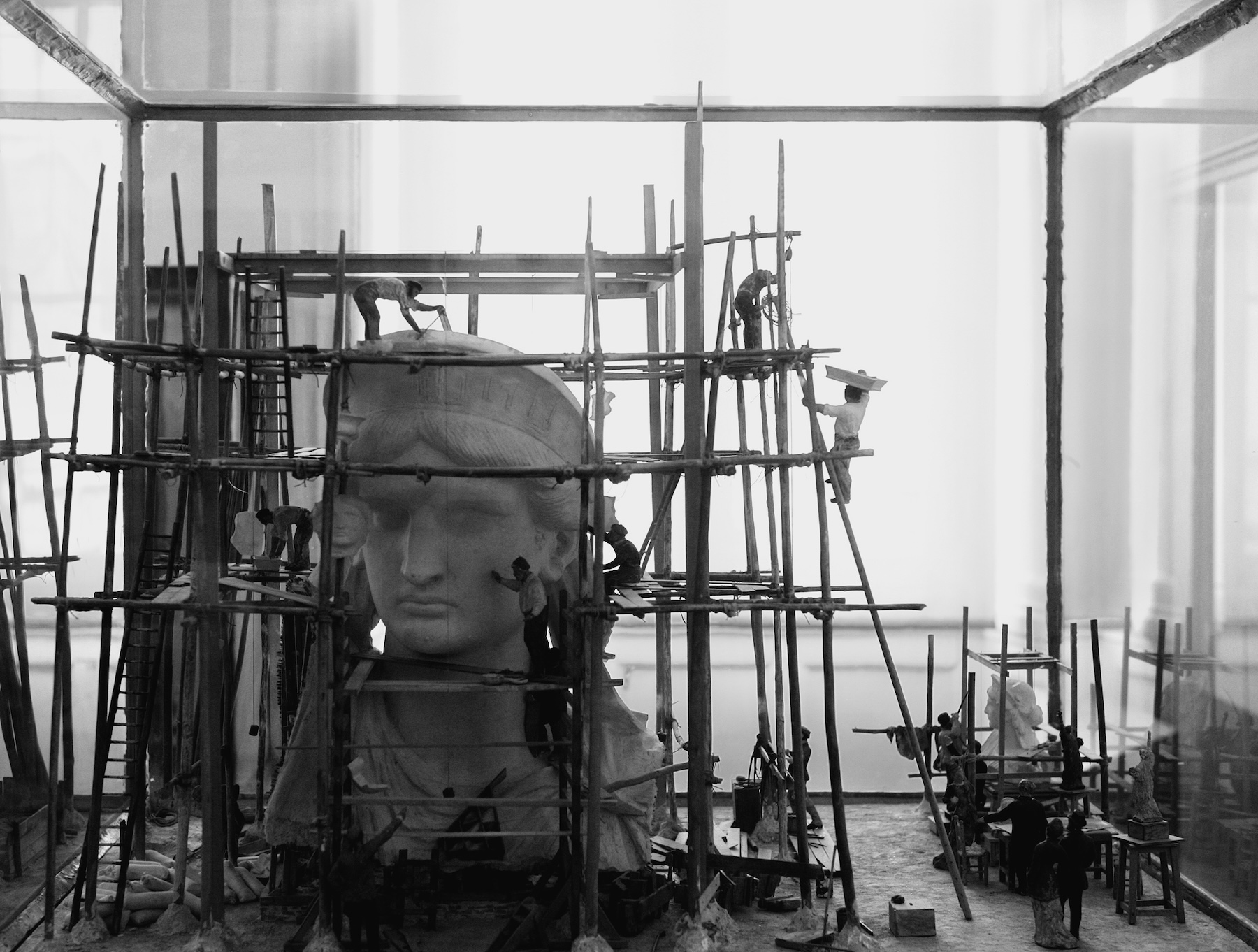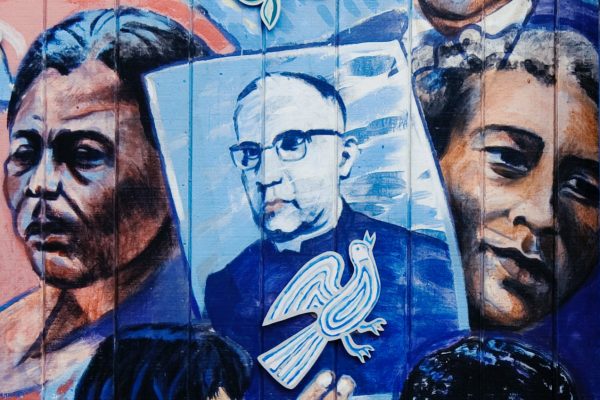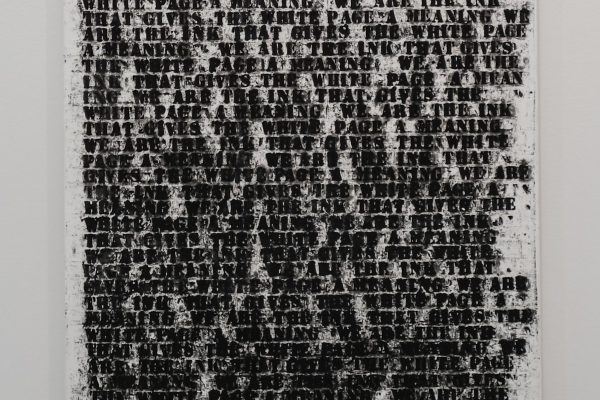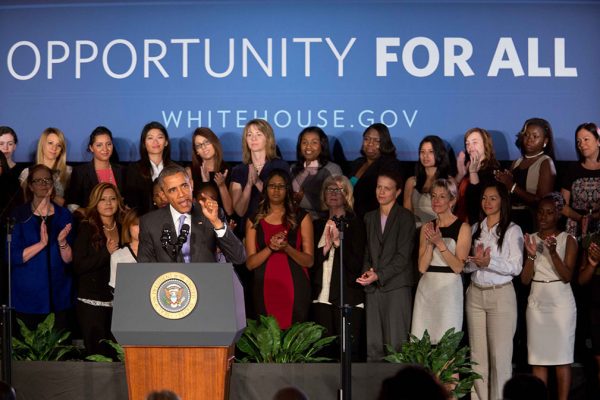Two distinct themes emerged in these incisive and moving responses. First, how should we think about the relationship between political narratives and institution building? And second, what should we make of freedom’s persistent exclusivities in the United States?
On the first point, let me clarify why I believe our focus should lie more on institutions than on messaging. Like Mark Paul, I absolutely agree that narrative and narrative change is vital to freedom struggles. But for narratives to be meaningful, they have to be organically connected to how people experience their daily lives. Lawrence Goodwyn, historian of the Populist movement, argued that the goal of left mobilization has long been to move people out of the “received culture” that shapes their lives to a “movement culture” that provides energy for transformative projects. These efforts require more than making arguments in the abstract about ideas of community or economic interest. They require a cultural infrastructure in which values—including those around the politics of freedom—are present in the everyday institutions that organize people’s experiences.
For this reason, I strongly concur with Olúfẹ́mi Táíwò’s conclusion that left freedom projects today most of all need “construction workers.” It’s also why I agree with William Clare Roberts’s contention that the focus should be less on defending an abstract notion of freedom—say, as self-rule or otherwise—and far more on organizing those at the margins to contest their routine experiences of domination.
The great freedom struggles of the past have always been rooted above all in building the capacity of oppressed groups to call out the domination they face as domination and then to imagine and pursue horizons of change. In this way, notions of emancipation emerged out of concrete oppression but increasingly became galvanizing horizons of possibility—pushing mobilized groups toward ever more transformative ends. For communities on the ground, the meanings of freedom—even truly aspirational accounts of liberation—have only ever been understood in relation to prevalent forms of unfreedom, from slavery and colonialism to economic exploitation and patriarchy.
Several responses help to clarify how institutions matter—and what kinds of institutions we need to shift people from a received culture to a movement culture. Adom Getachew’s compelling discussion of political education invites us to see workplaces, schools, neighborhoods, and other arenas of social life in a different light. Rather than thinking of these institutions as primarily about the enjoyment of individual or private benefits, we should approach them as places where we learn—through formal and informal educational initiatives as well as general community building—the meaning and practice of solidarity and politics.
At the same time, we must guard against a too workplace-centric approach. We see this in Nancy Hirschmann and Tamara Metz’s powerful contention that the family has a central role to play in efforts at institutional reconstruction and thus in a more genuine politics of freedom. Given that the family remains the defining site for the cultural reproduction of a zero-sum and possessive individualism, reforms that shift the terms of the relationship between family, freedom, and care are key. In addition, Julie Rose’s focus on free time highlights the role of time theft in imposing oppressive everyday experiences on most people. Reclaiming time is thus a meaningful way of shifting power relations in society as well as engaging in left organizing against actual daily forms of domination.
A focus on institution building further allows left freedom talk to avoid devolving into a language of romantic rupture or ungrounded utopia, as Elizabeth Anker worries. It focuses action on step-by-step shifts, even if small-scale, that make it harder for the status quo to reproduce itself. None of this is to deny Lorna Bracewell’s powerful caution that reactionaries have made profound inroads wielding exclusionary invocations of freedom. Partly as a result, the relevant struggle is principally over who controls the institutional terrain—and is thereby able to shape which narratives of freedom are most culturally organic.
For all these reasons, I do not believe in a messaging silver bullet. But I am also opposed to giving up entirely on the language of liberation, even though I share many of the concerns about the history of American freedom voiced by Jefferson Cowie. For one thing, I am skeptical that the language of democracy would necessarily avoid the historical and political difficulties of the language of freedom. It is telling that Jacksonians in the nineteenth century called their party “the Democracy.” The history of exclusionary settler freedom is very much also a history of white or ethnonationalist democracy.
It is true that today’s reactionaries increasingly embrace minority rule; they question especially the value of multiracial democracy. This certainly opens space for claiming an inclusive democratic language. Still, it is worth noting that in the present the old Jacksonian ideas of exclusionary democracy remain culturally powerful—especially in debates about immigration and American foreign policy. We see this in justifications of the United States’ draconian and militarized approach to the border. The systematic deprivation of immigrant rights is defended as a preservation of an internal, self-governing community—often coded as white—from external nonwhite threat. Similarly, defenses of the United States’ right to project power and impose violence abroad—unchecked by multilateral institutions or international legal constraints—are bound up with internal democratic notions of sovereignty.
None of this means that democracy should be rejected as a powerful narrative—quite the opposite. Emancipatory versions of both freedom and democracy have had profound meaning, on the ground, for oppressed communities. They have given purpose and hope to those facing the extremes of exploitation and injustice. And taking seriously the values and vision of movement constituents and activists means similarly taking seriously the words—and the related ideas—that they have used in their collective struggles.
But transformation depends on background structural realities. Our goal must therefore be to develop interventions and organizing practices aimed at steadily dislodging the institutional landscape that sustains both hierarchy and domination. This is why I also concur with Lea Ypi’s arguments about the corrosive effects of capitalism on narratives of freedom. These effects include precisely what Hirschmann and Metz emphasize: the formation of possessive and atomized political subjects for whom accounts of self-mastery are especially culturally resonant. It is also why, though I embrace Philippe Van Parijs’s admonition to avoid reducing freedom to a brand of laborite politics, I am hesitant to separate freedom from a vision of democracy. By often deemphasizing an equal and effective freedom for all, such separations tend to fall back on the accounts Ypi so rightly contests.
In the end, I see the very real constraints on emancipatory uses of freedom in the United States as a product of history. They crucially depend on the position of the United States in the global dynamics of race, economy, and power. Any genuine commitment to equal and effective freedom for all runs up against the hegemony of U.S. power on the world stage, which in turn fuels deep currents of national self-understanding and collective pride. Arguing for universal freedom from the very heart of modern empire necessarily means arguing for a redistribution of power and resources away from that center and from those who have typically enjoyed these benefits. This is why so many of the left’s great freedom struggles, at home and abroad, have come from people on the internal and external periphery.
But if history made this state of affairs, our shared struggles can also unmake it. However deep-rooted the structural predicaments, the effort to shift the infrastructure of American life, along with our collective self-understanding, remains essential. This certainly requires being clear-eyed about obstacles to change, and the forces that tie the discourse of freedom to practices of domination. But it also entails a sustained commitment to a politics of collective agency and solidarity that, despite the obstacles, can refashion the world on fundamentally better terms. This has always been the left emancipatory aim—one both internationalist and utopian in the best sense—and it should continue to be ours as well.








